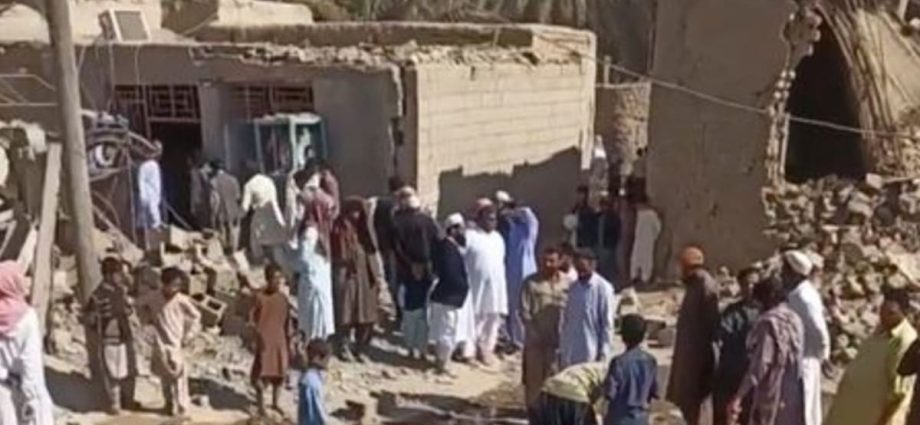
Iran and Pakistan traded strikes on each other’s territories this week, raising fears of greater turmoil in a region already grappling with instability and conflict.
Analysts said the escalation of hostilities between the neighbours is unprecedented, given the relatively cordial ties between Tehran and Islamabad.
However, the two nations share a history of tensions along their nearly 1,000km long volatile border, where they both face separatist threats.
WHAT HAPPENED?
On Tuesday (Jan 16), Iran launched missile and drone raids on Pakistan’s western Balochistan province, killing two children.
On Wednesday, nuclear-armed Pakistan recalled its ambassador from Iran and blocked Tehran’s envoy.
Islamabad called the attacks “a blatant breach of Pakistan’s sovereignty” and “a violation of international law”.
On Thursday, Pakistan retaliated with military strikes in Iran’s southeastern Sistan-Baluchistan province, with Tehran reporting a death toll of nine civilians.
WHO WERE THE TARGETS?
Iran said its Tuesday strike was aimed at the headquarters of Jaish al-Adl, an ethnic Baluch Sunni militant group which Tehran labels a terrorist outfit.
The group wants independence for Sistan-Baluchestan, and often targets Iranian security forces near the Pakistani border.
Pakistan said its Thursday raids targeted the Baloch Liberation Front (BLF), a militant group which has been fighting the government for decades for a separate Balochistan state.
Despite being Pakistan’s biggest province with rich gas and mineral resources, Balochistan has the smallest population and is the least economically developed.
Ethnic Baloch militants accuse Islamabad of neglect and exploitation, and heavy-handed treatment of those in the region.
IRAN-PAKISTAN RELATIONS
The border insurgencies have been a long-running source of tension between the neighbours, who accuse each other of harbouring separatists.
Iran has blamed Pakistan of allowing Jaish al-Adl militants to operate freely in Balochistan and using the area to launch attacks on Iranian forces.
However, observers said it is unusual for either side to carry out such attacks on each other’s soil.
“Both countries have in the past cooperated and shared intelligence to rein in attacks by such groups,” said Mr Ali Vaez, project director of Iran at the International Crisis Group, a Brussels-based think-tank that focuses on conflict reduction research.
“So, it’s quite unprecedented to see these kinds of cross-border strikes and tensions that have now escalated so quickly.”

